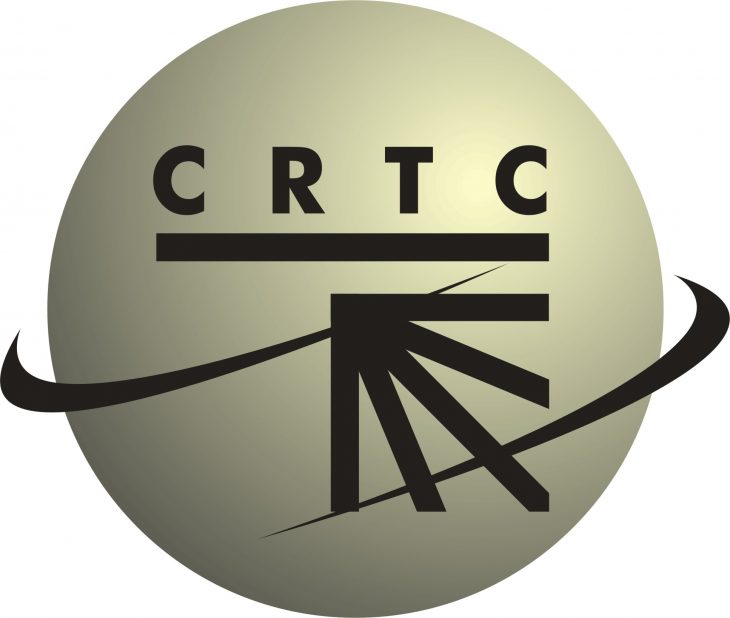
OTTAWA — The CRTC announced Thursday it is closing the file on a complaint from the Canadian Network Operators Consortium (CNOC) regarding various cable carriers’ wholesale high-speed access (HSA) services, and directed CNOC and the cable carriers to address outstanding issues through bilateral discussions or the CRTC Interconnection Steering Committee (CISC).
In Telecom Decision CRTC 2015-40, the CRTC further directed CNOC and the cable carriers in question to submit a report, within 90 days, on the state of progress in resolving these issues. The cable carriers who were specifically included in CNOC’s original complaint, first submitted to the CRTC in September 2013, are Cogeco Cable, Rogers Communications, Shaw Cablesystems and Vidéotron.
In its application to the CRTC, CNOC had requested relief with respect to the way in which Cogeco, Rogers, Shaw and Vidéotron provide wholesale HSA services, also referred to in the industry as third-party Internet access (TPIA) services. CNOC had complained that the cable carriers provide wholesale HSA services to independent ISPs in an unduly discriminatory manner, relative to the way the cable carriers treat their own retail operations, contrary to subsection 27(2) of the Telecommunications Act. (Subsection 27(2) of the Telecom Act states that no Canadian carrier shall, in relation to the provision of a telecommunications service or the charging of a rate for it, unjustly discriminate or give an undue or unreasonable preference toward any person, including itself, or subject any person to an undue or unreasonable disadvantage.)
CNOC had alleged that, contrary to subsection 27(2) of the Act, ISPs are subject to vastly inferior treatment from the cable carriers during all stages of the wholesale HSA service life cycle, including processes for signing up, ordering and provisioning, troubleshooting and repair, network maintenance and modifications, and billing and disconnection.
Furthermore, CNOC claimed the cable carriers designed their wholesale HSA services and network elements so as to provide ISPs with an inferior level of service compared to what they deliver to their own retail customers. CNOC submitted that the poor quality of wholesale HSA services offered by the cable carriers unfairly affects ISPs’ reputations and could irreparably diminish the viability of high-speed Internet services offered by ISPs.
In rendering its decision, the CRTC said although CNOC described in general how the cable carriers’ wholesale HSA services are delivered to ISPs, CNOC did not provide any evidence that specifically contrasted how these services are delivered to the cable carriers’ own retail end users.
The Commission said it considers the unjust discrimination provision of the Telecom Act is “an unduly narrow lens through which to evaluate CNOC’s concerns”, and therefore alternative methods warrant examination. Given this and in order to move ahead, the CRTC said it is closing the file associated with CNOC’s application and directing the parties involved to work out solutions to resolve CNOC’s concerns.
Regarding the general question of whether or not the cable carriers’ wholesale HSA services can be improved, the Commission noted that the cable carriers have indicated they are willing to resolve several of CNOC’s proposed changes through CISC or bilateral discussions.
As such, the CRTC is directing that three of CNOC’s items of concern (status of installation orders and trouble tickets, trouble escalation process, and advance notice of network changes) be addressed through CISC. The Commission further directs that bilateral discussions be entered into to address four more of CNOC’s concerns, namely: the TPIA sign-up process; mistaken disconnections due to inconsistent tagging of TPIA cable connections; network safeguards (bidirectional forward detection); and IP address allocation and usage reports.
As noted above, the Commission has directed CNOC and the cable carriers to submit a report, within 90 days, on the state of progress in resolving these seven items. At that time, the Commission will assess the state of progress and what measures, if any, should be examined.